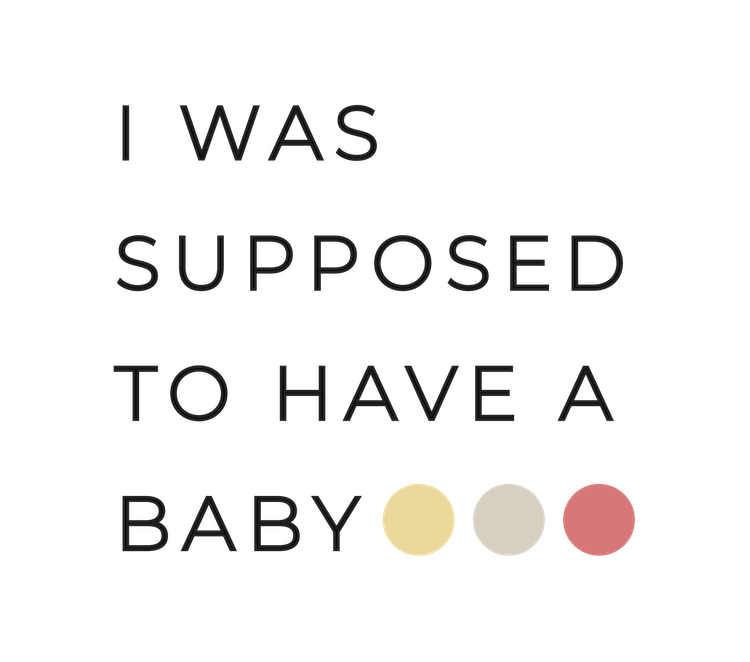Vaginismus Journey
Huge thanks to this anonymous follower for sharing her story. If anyone has any questions for her, please DM and we will make sure that she sees them.
Now in her words...
"The main thing that I wanted to convey is that vaginismus isn't a simple treatment and voila you're cured. There's different options women can pursue (sex therapy, pelvic floor therapy, etc) and I wanted to show that it can be trial and error. I think I was so set that, 'This is what I chose to do, there's no going back,' that it took me a long time to realize that I can change course and switch therapists, go to PT, etc.
I was specifically vague about timelines because I don't want someone struggling to get scared and think, 'Wow it took her THAT long?! Oh no, how long will it take me??' And I didn't want someone struggling for longer to think it was too late for her to get help.
I was also specifically vague about the heterim (leniencies regarding jewish law), based on advice from our Rav."
“Share a bit about your backgrounds, how you met, etc., and the story of your diagnosis.
" I grew up watching movies, having internet access, etc., so I wasn't incredibly sheltered, but I was probably more naive regarding sexual health education since it was just never discussed.
My husband and I met through a shadchan (matchmaker) in our early twenties and dated through the typical shidduch process. We are both FFB, and we were shomer negiah (didn't touch each other) until we were married.
When did you realize that you had vaginismus?
Before I got married, bedikahs (internal exams) we're challenging to do, and I was told that it was normal for a kallah (someone engaged to be married) and would magically change once I got married.
After the wedding, we couldn't have PIV intercourse (PIV = penis in vagina intercourse); it felt like there was a wall where there should have been an opening.
Did you go to a sex therapist?
Our love recommended a local frum (religious) AASECT-certified sex therapist (American Society of sexual Educators, counselors and therapists). I worked with the therapist on dilators, but we still weren't able to have PIV intercourse.
After a long time of working with the frum therapist and not seeing the results we wanted, we realized it wasn't a good fit. We switched to a non-jewish therapist, and she was AMAZING! Switching to a therapist who I really clicked with was the best decision I ever made.
Once you were able to have PIV intercourse, was it pain-free?
After working with a new therapist, we had PIV intercourse, but it was painful/uncomfortable, so my sex therapist recommended I also try pelvic floor therapy. I was always scared of pelvic floor therapy and thought it would be painful and awful. Instead, I found them kind, respectful, and not painful at all. She taught me different breathing techniques and assigned me daily PT stretches that really help me.
I wish I had gone to PT much earlier on, but hide inside is 20/20 and I can't judge myself for decisions I made when I was really scared and in the middle of this gehinnom (hell).
Were you able to have a healthy sex life and still follow halacha (Jewish law) during vaginismus?
*** for this couple, these question was relevant. Another account we share approaches this from a very different vantage point.
Yes, we were.
Our Rav (Rabbi) is very knowledgeable in this area, so we got many heterim (leniencies) regarding sex and nidda (laws of family Purity) that made our lives much easier.
How did vaginismus affect your marriage?
Like all difficult situations, I now see how vaginismus forced us to learn to communicate and grow closer as a couple. At the time, it was challenging, and sex therapy sometimes doubled as marriage counseling. Baruch Hashem (thank G-d) I can say that throughout, we had a solid and committed marriage. My husband is really beyond incredible and was never anything but supportive.
I struggled (and still struggle with) blaming myself for everything.
Anxiety can make you think, "My husband wishes he never married me. If he married someone else, he would be happier and have kids now."
But that's just anxiety talking, not reality.
Did you have any support from family or friends?
Since this was such a personal topic and Incredibly taboo, we didn't discuss it with anyone. Most of our friends were still single or newly married and the idea of reaching out seem crazy. The only people who knew were our Rav and therapist.
Feeling isolated was the most challenging part. Over the years, I watched all my friends get married and have babies, and I felt left behind.
Looking back, I wish I had confined it in someone, but we were so young, confused, and scared... I have self compassion and don't judge myself for making the decisions that I did.
This was also years ago before inclusive support like I Was Supposed to Have a Baby existed. I think there's more support now, but vaginismus is still a taboo topic.
I used to envy the infertility world, with all its support groups, medical cost reimbursements, hotlines, and care packages.
No one sends someone with vaginismus a care package.
Do you still have any pelvic pain?
Vaginismus is now completely gone. The only time I think about it is when I go to the doctor for any invasive test, like a pap smear, I'll let them know I have a history of vaginismus and ask them to be extra careful.”

